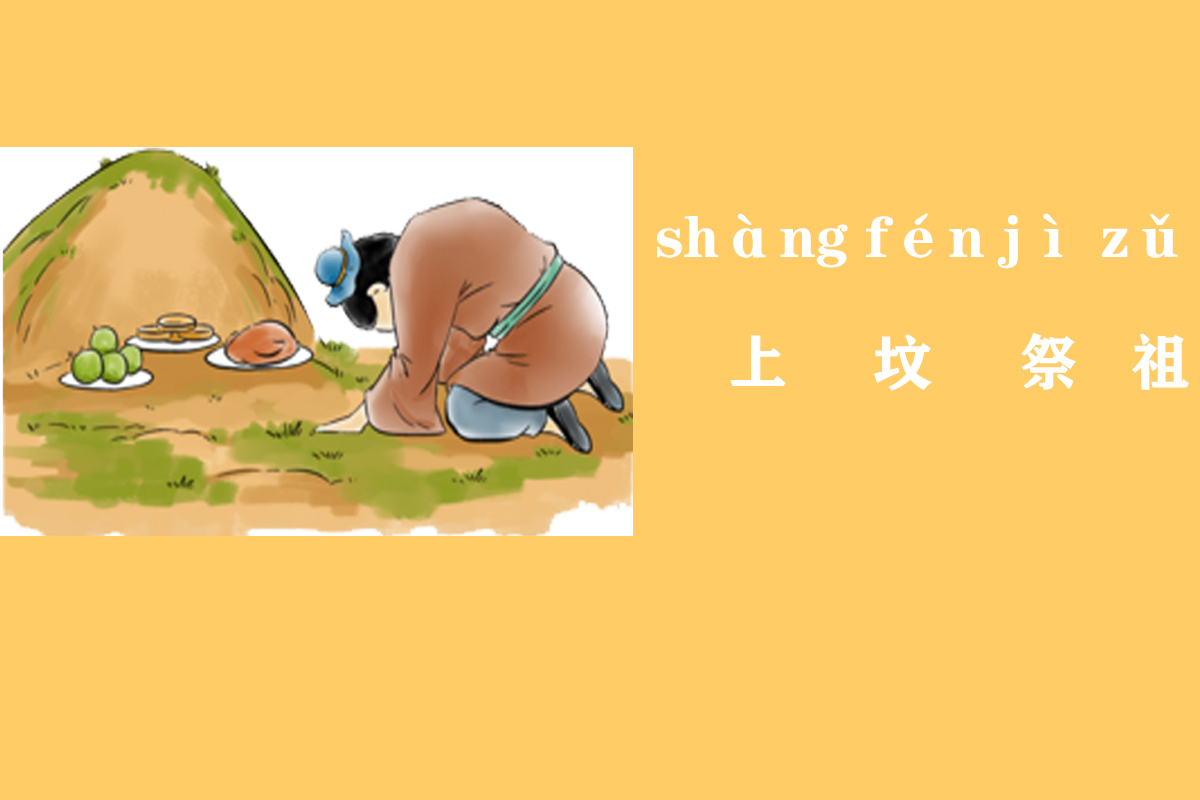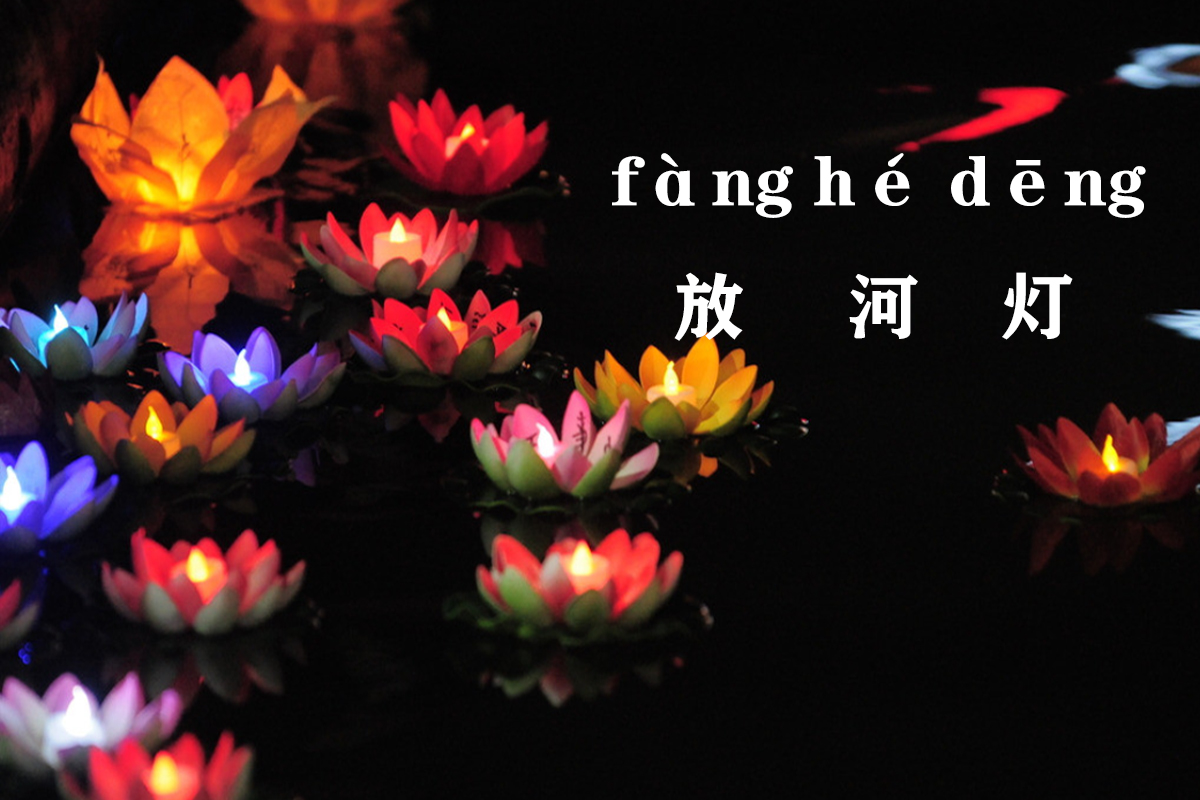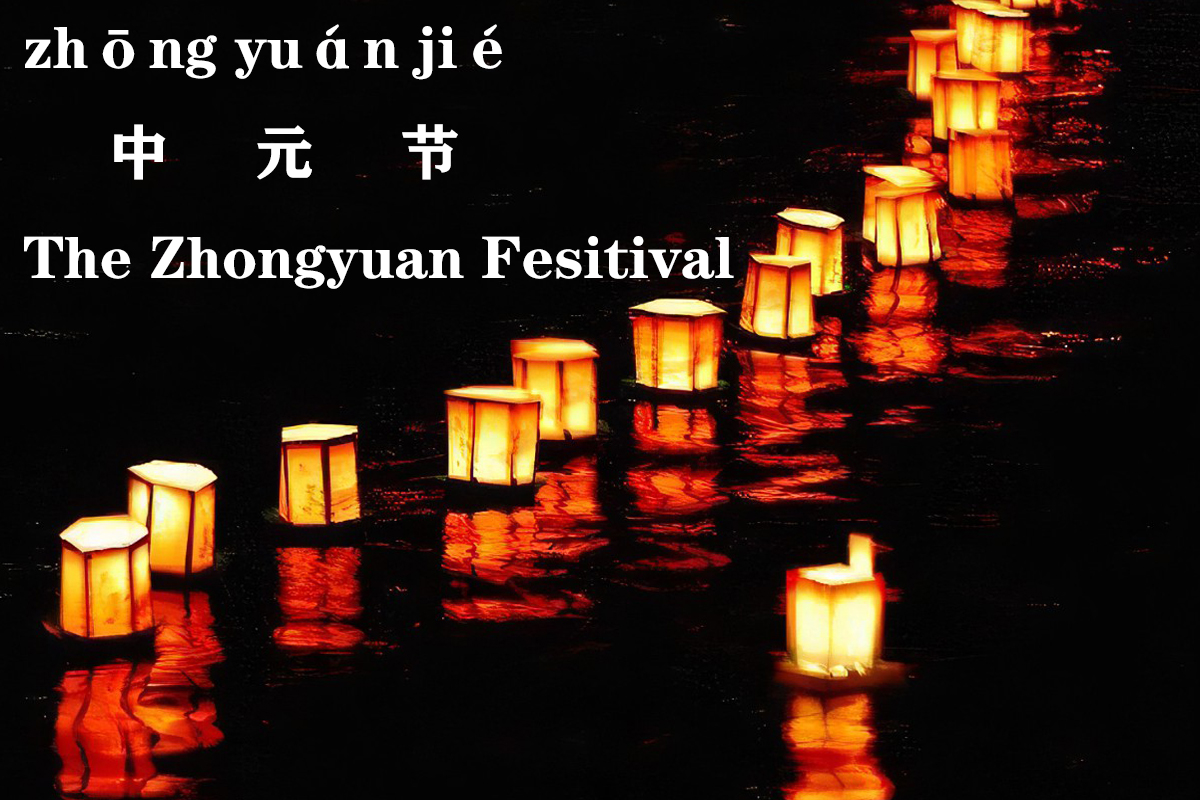Unveiling China's Ghost Festival: The Zhongyuan Festival
中元节(zhōng yuán jié), the Zhongyuan Festival, falls on the fifteenth day of the seventh lunar month each year. It is one of the four traditional Chinese festivals for ancestral worship, along with Chinese New Year's Eve, Qingming Festival, and Double Ninth Festival. It is also considered one of the three major ghost festivals, along with Qingming Festival and Winter Clothing Festival. It is said that wandering souls and restless spirits are released from the underworld on this day. To honor their ancestors and pay tribute to the official of earth, people will prepare abundant offerings and perform ancestral rituals. In the Gregorian calendar, the Zhongyuan Festival usually occurs in August, with this year's festival falling on August 30th.
The Origin of the Zhongyuan Festival
The name “中元” originates from Taoism. Taoism reveres "Heaven", "Earth", and "Water" as the “三元”,and follows the three celestial deities: the official of heaven, the official of earth, and the official of water. The birthday of the heavenly official falls on the fifteenth day of the first lunar month, which called the “上元节(shàng yuán jié)” the Shangyuan Festival or the well-known Lantern Festival, when blessings are bestowed upon the humans. The birthday of the earthly official takes place on the fifteenth day of the seventh lunar month. On this day, all the ghosts and spirits from the underworld are released, and their sins are pardoned or alleviated, called the “中元节(zhōng yuán jié )”, the Zhongyuan Festival. The birthday of the water official is on the fifteenth day of the tenth lunar month. On this day, he eliminates disasters in the mortal world, known as the “下元节(xià yuán jié)”, the Xiayuan Festival. During these three festivals, the three celestial deities come to the mortal world and perform their duties. In the Zhongyuan Festival, Taoist rituals will be held, preparing abundant sacrificial offerings to worship the earthly official and ancestors.aoist temples hold Taoist rituals and prepare abundant sacrificial offerings to worship the Earthly Official and ancestors.
After the introduction of Buddhism, there is a Buddhist ritual for mourning ancestors, known as "Ullambana", referred to as the "孟兰盆会(mèng lán pén huì)" in Chinese. “孟兰盆” signifies "hanging upside down," comparing the suffering in life to bats hanging upside down from tree branches, representing immense anguish. In order to liberate people from such suffering, it is necessary to chant scriptures and offer food to wandering ghosts. Similarly, Buddhist ritual falls on the fifteenth day of the seventh lunar month. Hence, the Zhongyun Festival is also known as the “孟兰盆节(mèng lán pén jié)”
The Traditions and Customs of the Zhongyuan Festival
- 上坟祭祖(shàng fén jì zǔ): Worship Ancestors. In many places, the Zhongyuan Festival, also known as “七月半(qī yuè bàn)”, meaning the half of June, is seen as a time when the peak of summer has passed, and autumn is just beginning. Folk beliefs hold that ancestors also return home during this time to visit their descendants, hence the need for ancestral worship. In some regions, people will visit the graves of their ancestors. While paying respects, they bow to each ancestor according to their seniority, and beg their ancestors to bless them with peace and happiness.

- 放河灯(fàng hé dēng): Floating River Lanterns. River lanterns, also known as lotus lanterns, are usually made with candles placed on a base. On the night of the Zhongyuan Festival, these lanterns are set afloat in rivers, lakes, and seas, allowing them to drift along with the currents. Floating river lanterns are to comfort and pray. It is a way to mourn for the departed ones and to convey heartfelt thoughts and best wishes to them, while also seeking peace and happiness for the living

- 祭祀土地(jì sì tǔ dì): Worship Land. The Zhongyuan Festival coincides with the bountiful harvest, making it a day to share the joy of abundance with ancestors. In addition, folk have popularized the practice of worshipping the land and crops to pray for harvest. Offerings are scattered into the fields, followed by the burning of ceremonial papers to invoke blessings. Colorful paper strips, cut into small pieces, are tied around the crops, in order to have a plentiful harvest.
Taboos During the Zhongyuan Festival
- Don’t pilfer offerings: The primary purpose of offerings is to bestow charity upon the ghosts. It is said that anyone who steals these offerings may provoke a conflict with the spirits, leading to their resentment and suffering misfortune.
- Don’t take photos at night: During the Zhongyun Festival, the chances of encountering ghosts are increased. Taking photos at night increases the possibility of capturing spectral images, and the flash can greatly offend the ghosts, causing displeasure and irritation.
- Don’t say the word "鬼(guǐ)"(ghost): During the Zhongyuan Festival, ghosts are omnipresent. It is advisable to refrain from speaking the word "ghost" and avoid any improper remarks to prevent stirring the wandering ghosts.
Key Notes: Some expressions about “鬼”
- 鬼怪(guǐ guài),鬼魂(guǐ hún),幽灵(yōu líng):These three terms all convey the meaning of "ghost". In certain religious beliefs, ghosts are considered the lingering forms of beings that remain in mortal world after death.
- 鬼使神差(guǐ shǐ shén chāi): The words "使" and "差" both carry the sense of causing or sending someone to do something. The idiom means that someone unwittingly carries out actions that one hadn’t intended to do, as if being compelled by supernatural forces.
For example:
xiǎo míng yī xiàng hěn lǎn duò ,jīn tiān jū rán guǐ shǐ shén chà de zǎo zǎo qǐ chuáng qù shàng bān le 。
小明一向很懒惰,今天居然鬼使神差地早早起床去上班了。
Xiao Ming has always been lazy, but today, as if under some supernatural forces, he got up early and went to work. - 鬼斧神工(guǐ fǔ shén ɡōnɡ) :Something is like crafted by the hands of gods and spirits, describing artistic skills of extraordinary mastery that surpass human capabilities.
For example:
yí hé yuán de shè jì zhēn shì guǐ fǔ shén gōng 。
颐和园的设计真是鬼斧神工。
The design of the Summer Palace is truly a work of supernatural mastery.
